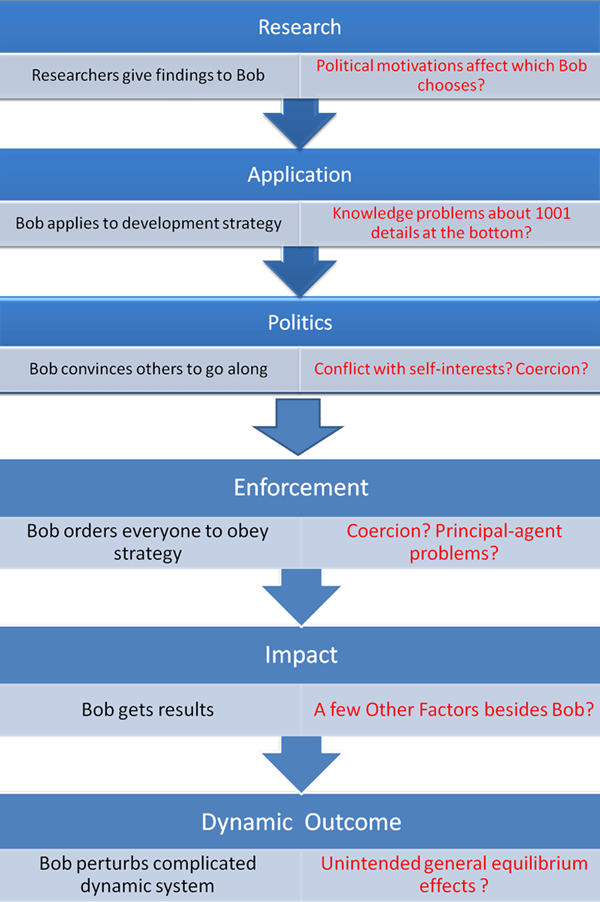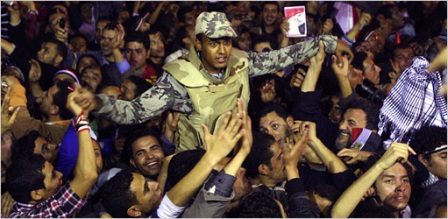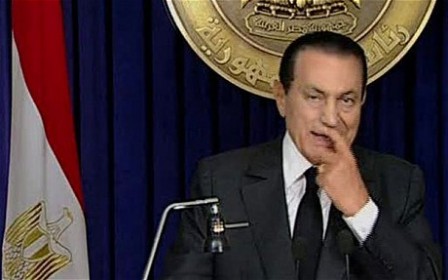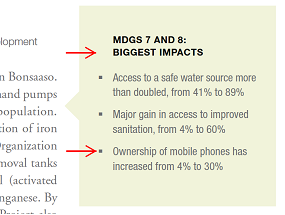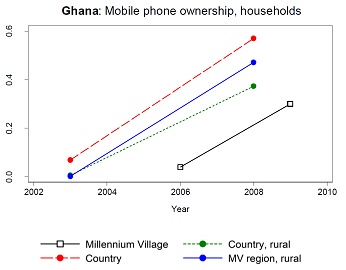World Vision responds to blogger questions
Editor's Note 10:45 am 2/18/2011: Thanks to all the commentators, you really wrote a new post for us today. We have emailed World Vision follow up questions, especially taking them up on their offer to provide examples below. They said they will respond by middle of next week as they get their national offices to respond. In an email to the communications department at World Vision, we collected and forwarded a few of the questions posed by aid bloggers in their posts (now up to 50, and counting) about the controversy over the 100,000 misprinted NFL T-shirts World Vision distributes as gifts-in-kind aid every year. On Wednesday evening we received World Vision's response, which we are publishing here in full:
1. Can WV show that they rigorously assess the needs of the communities they work in for gifts-in-kind (GIK)?
World Vision’s assessments of the need for supplies and of the impact a supply donation may have on the local economy are done by individual national offices as part of a strategic programmatic response. As a result, when we set our strategy for GIK procurement each year, we ask each national office send us requests for resources they need and to do so after assessing the need for supplies and their ability to procure supplies locally.
The rigor of those assessments varies based on the national office providing the information. Each World Vision office is an independent entity, with its own board and charter. World Vision has deliberately worked within its international partnership to increasingly empower national offices regarding the assessment, design and implementation of its programs.
If it’s helpful, I can try to get you copies of some example assessments from some national offices so that you can get a sense of what those assessments look like.
2. Why does WV use a much larger share of GIK than other similarly sized nonprofits?
Depending on how you calculate the “size” of a non-profit (annual revenue, number of countries of operation, staff size, etc), World Vision doesn’t use a much larger share of GIK than other non-profits.
In fact, there are really no other organizations with a comparable size to World Vision, U.S. with the same operational mandate.
3. How did WV calculate the ‘fair market value’ for these shirts?
World Vision hasn’t valued this year’s donation of NFL-related clothing because we have not received the products yet. Unfortunately, the numbers listed in the blog post and a press release shouldn’t have been released – they were rough estimates that weren’t related to each other and don’t reflect how World Vision will value the clothing.
In general, World Vision calculates “fair market value” for any of its donated supplies based on standards set by the Financial Accounting Standards Board (FASB). As a side note, the FASB recently established a new definition for valuing supply donations and as a result, there is a great deal more clarity in the way that all non-profits value supply donations. While not all NGOs have yet implemented the new FASB standards, World Vision has.
This process is based on current standards required to value all forms of GIK donations. While there may be a discussion about what the value of a particular item should be, the objective standards we follow are essential to guide our valuation approach. It may worth discussing whether the current standards need to be improved; but for now, those are the standards with which we need to comply.
4. Has WV tried to evaluate the results of this program? Can WV point to any evidence that the 15-year distribution of Super Bowl T-shirts has "facilitate[d] good, sustainable development"?
The short answer is “no” because the Super Bowl clothing isn’t a program. It’s a donation. We evaluate the results of our programs. Some programs are successful. Others less so. But their success is based on the quality of the program’s assessment, design and implementation, not solely on the use of one tool or another.
Many of the programs where we use GIK have been enormously successful in facilitating good, sustainable development. Our evidence for that would be individual program evaluations from a variety of national offices, but we can provide some examples if those are helpful.
In Summary: For World Vision, GIK is a resource in a robust tool kit. We endeavor to use it in situations where it’s appropriate and in ways that are skilled, but like any tool, it’s not inherently helpful or hurtful. A hammer can do a great deal of damage if you use it poorly, but it can also be a necessary piece of equipment when you’re trying to build something.
Our perspective on this greater debate is that the resource (GIK) can be used in ways that are very helpful. It can also be used in ways that are destructive. The answer isn’t to toss the tool. The answer is to make the tool work better and to become more skilled at when and how to use it. World Vision continually seeks ways to make our work more effective in all areas, including how GIK is integrated into a full development strategy and the constructive elements of this ongoing conversation are a part of that continual effort to improve.
 From Aid to Equality
From Aid to Equality



